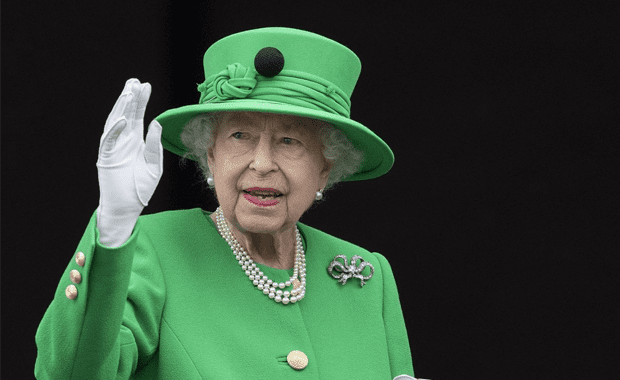GK’s Head of Research, Dr Iain Wilton, reflects on the future of Britain’s financial services in the wake of the Queen’s Speech.
Many aspects of the Queen’s Speech have received a lot of attention, from the absence of the Queen herself to the inclusion of so many housing-related bills – less than a week, in fact, after housing issues contributed to the Conservatives’ poor local election results, especially in London.
Surprisingly, however, relatively little attention has been paid to legislation that will fundamentally affect one of the UK’s most significant, successful but sometimes controversial sectors – its world-renowned financial services industry.
Together with associated professional service businesses, it employs more than 2.3 million people around the UK and contributes £193 billion to the economy – including £75 billion in taxes – yet some fundamental changes to its operation currently risk going ‘under the radar’.
Somewhat overshadowed by the announcement, in the Queen’s Speech, of 37 other pieces of legislation, the Financial Services and Markets Bill will cover everything from cash access to cryptocurrencies and scam prevention to the latest financial technology (fintech). Above all, the Government plans to introduce a new regulatory regime which will diverge from the EU model, encourage greater investment (especially in infrastructure) and, in the process, provide some of the ‘Brexit dividend’ that ministers are desperate to deliver before the next general election.
It will be a far-reaching piece of legislation. Moreover, it was accompanied in the Queen’s Speech by the dry-sounding but highly significant Draft Audit Reform Bill, which recognises that some high-profile company collapses (e.g. Carillion) have shaken people’s faith in the UK’s existing audit, governance and corporate reporting systems. As a result, competition will be increased, a new regulator will be created and, if the Bill is successful, trust should be rebuilt.
Both pieces of legislation will be subject to exhaustive scrutiny by MPs and peers, so each is certain to be amended and neither will be enacted any time soon.
In the meantime, however, significant changes are still afoot. In particular, the Financial Conduct Authority has recently published its new three-year strategy, which will result in the FCA becoming both a larger and a “more assertive” regulator which, in its words, wants to be “testing the limits of our own powers”. Indeed, after concluding that, at present, “firms are not consistently putting consumers first”, it will be publishing both an important “fair value” policy and an overarching “Consumer Duty” for financial services firms.
Due for introduction in late July, the ambitious new “Consumer Duty” will “set clearer and higher expectations for the standard of care firms give customers” and require them “to act in good faith, avoid foreseeable harm to their customers and support and empower them to make good financial decisions.”
At GK, we believe it represents a far-reaching tightening of the UK’s system of financial services regulation and, accordingly, it will be essential for firms to understand their new obligations and prove their compliance.
The Government’s legislative agenda, outlined in the Queen’s Speech, certainly dominated the headlines for much of the following week; its 38 bills will keep Parliament busy throughout the coming year; but some important policy changes are already imminent in the financial services sector – despite their low political profile – as the FCA prepares, even without new legislation, to flex its muscles as never before.



